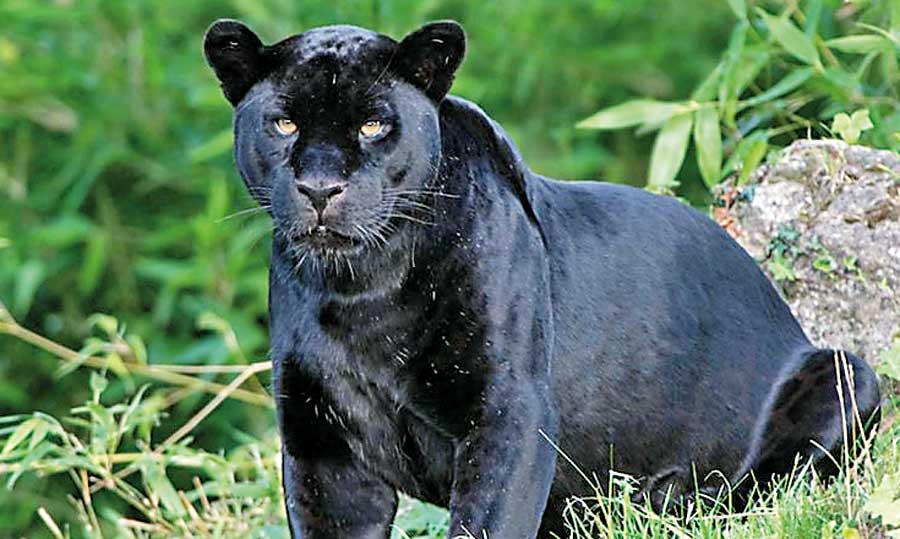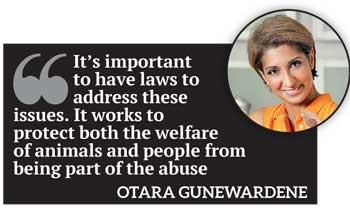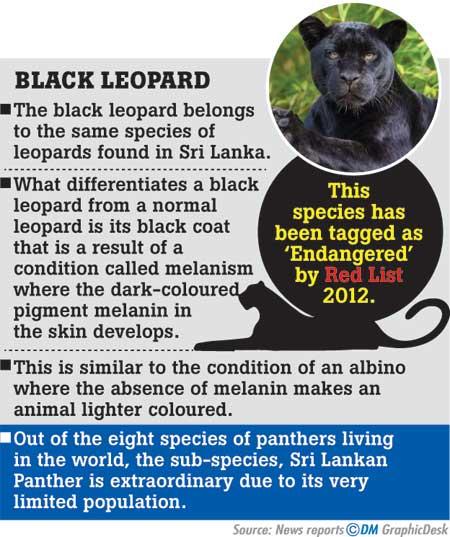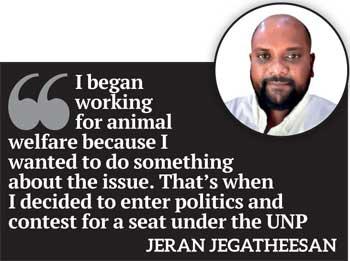Reply To:
Name - Reply Comment
Animal Welfare in Sri Lanka

Section 2 of the proposed Bill provides for the establishment of a National Animal Welfare Authority
Mere speech and advocacy on behalf of animals that appeal to peoples’ compassion have been insufficient in curbing animal cruelty and neglect. The most recent incident was the shooting of human rights activist Brito Fernando’s dog
Animal welfare in Sri Lanka is largely neglected. Every year for the past few years we have seen and heard of  many acts of cruelty. Although these cases draw protest from animal welfare groups and concerned citizens, the country’s inadequate legal framework prevents justice being meted out. The Animal Welfare Bill (AWB), which seeks to address current legal shortcomings, has been in the back-burner for over a decade due to pressure from vested interests and a lack of political will to get it passed.
many acts of cruelty. Although these cases draw protest from animal welfare groups and concerned citizens, the country’s inadequate legal framework prevents justice being meted out. The Animal Welfare Bill (AWB), which seeks to address current legal shortcomings, has been in the back-burner for over a decade due to pressure from vested interests and a lack of political will to get it passed.
Mere speech and advocacy on behalf of animals that appeal to peoples’ compassion have been insufficient in curbing animal cruelty and neglect. The most recent incident was the shooting of human rights activist Brito Fernando’s dog. On May 7, Max, who was out on a walk was allegedly shot at by a neighbour who is a retired Superintendent of Police. Fernando, who rushed out when hearing the gunshot, saw a bloodied Max who fell at his feet and died. Not only was this a shock, but it caused much grief to Fernando and his family. The killing of Max is yet another example of the importance of passing the AWB, a proposed law that provides a comprehensive legal framework for protecting animals.
Animal cruelty rising
There are countless cases of animal cruelty—reported and unreported—and sadly numbers are rising. Animal Welfare and Protection Association (AWPA) Secretary Shiona Weerasekera revealed that they have rescued animals that have had petrol thrown on them and their limbs severed. The Nikeweratiya incident of the brutal killing of a dog in January this year, the burning of the Labrador Charlie in 2018, the increasing incidents of cruelty towards wildlife, are just a few that got public attention. Weerasekera noted an increase in the number of reported cases. “Social media has helped bring these cases to light. But the current law only gives the perpetrator a slap on the wrist,” she said.
Apart from gruesome cases of violence, animals have also long undergone neglect and mistreatment. Pet shops are run by small-time vendors engaged in a booming business. Animals are crammed into cages and sold at high prices. While they might have a business registration, these shops are not registered under any authority. The commercial breeding of pedigree dogs is another flourishing business. They are used as profit machines and are subject to factory-style breeding in appalling conditions. Female dogs are repeatedly impregnated and dumped on the roads once they lose their value. As with pet shops, there is no authority or regulations in place to hold breeders accountable. Weerasekera emphasised that regulations must be set in place and licenses made mandatory.
"Apart from gruesome cases of violence, animals have also long undergone neglect and mistreatment. Pet shops are run by small-time vendors engaged in a booming business"
Sri Lanka far behind
Apathy is the biggest challenge faced by those fighting for change, animal welfare advocate Shanuki De Alwis said. “Sri Lanka is far behind in matters as basic as animal rights. It’s a factor that sets the foundation of a country’s progressive identity. Perpetrators enjoy immunity because we don’t have laws to hold them accountable. Inadequate laws and a dearth of public support hinder the push for change,” she said. De Alwis added that lagging State support and low priority for animal welfare prevented the enforcement of a proper law. She urged people to be empathetic and value life and stand up for what is right, because everyone has the power to do something.
“Being human is to be able to understand the pain of another. Your actions reflect who you are on the inside.  People who cause such pain, struggle with pain themselves—blinding them to the pain they are causing. These acts of cruelty also affect the energy of a country. Unfortunately there’s so much cruelty towards animals in Sri Lanka,” Founder/CEO of Otara Foundation, Otara Gunewardene said. People were growing more conscious and aware of the need to respect all lives. But there remains a need to create more awareness, so that people understand the extent of suffering animals undergo. “It’s important to have laws to address these issues. It works to protect both the welfare of animals and people from being part of the abuse. A united effort will ultimately make compassion win over cruelty,” said Gunewardene.
People who cause such pain, struggle with pain themselves—blinding them to the pain they are causing. These acts of cruelty also affect the energy of a country. Unfortunately there’s so much cruelty towards animals in Sri Lanka,” Founder/CEO of Otara Foundation, Otara Gunewardene said. People were growing more conscious and aware of the need to respect all lives. But there remains a need to create more awareness, so that people understand the extent of suffering animals undergo. “It’s important to have laws to address these issues. It works to protect both the welfare of animals and people from being part of the abuse. A united effort will ultimately make compassion win over cruelty,” said Gunewardene.
National embarrassment
The Ordinance for the Prevention of Cruelty to Animals of 1907 (amended in 1955) and the Fauna and Flora Protection Ordinance of 1937 are the only laws to protect animals—domestic or otherwise. These laws are archaic and insufficient in dealing with growing cases of animal cruelty. The AWB was drafted to combat their lacunas, and is considered the only comprehensive legislation to protect animals.
Moves to replace the Prevention of Cruelty to Animals Ordinance began in 2002 and culminated in drafting the AWB in 2006. In 2010 Ven. Athuraliye Rathana Thera presented the AWB to Parliament as a Private Member’s Bill. But as Parliament was dissolved that year, the Bill lapsed. Since then, animal welfare groups have been pushing to have the Bill passed in Parliament, but to no avail.
“As there has been no notable progress since 2006, a group of us filed a case in the Court of Appeal in 2010 seeking a court order directing the government to reform animal protection laws. Through this we have been able to draw the government’s attention to the urgent need for the Bill,” said Lalani Perera, a lawyer involved in the  process since 2002.
process since 2002.
Perera revealed that delays were due to groups with vested interests, mainly from the meat and poultry industries. “A Steering Committee appointed by the Livestock Ministry on the recommendation of the Attorney General (AG) consisting government officials and petitioners of the case are pursuing enactment. The Court of Appeal is monitoring the Bill’s progress and has directed that it be expedited,” added Perera.
Perera noted the Bill had reached its final stages, with revisions by the Legal Draftsman’s Department to give effect to the advice of the AG. The next step would be getting Cabinet approval and presenting it to Parliament. “It has been a massive struggle to get the Bill to this stage,” she said.
Lawyer Senaka Weeraratna, who worked as an honorary legal consultant on the Bill, commented on the lack of political will to serve the cause of animals despite Sri Lanka’s history in animal welfare. Many Asian countries, including India, Singapore and Malaysia have strong animal welfare laws. “Sri Lanka’s track record in animal welfare legislation and the enforcement of such laws since independence in 1948 is unfortunately poor. It is a national embarrassment to have one of the world’s most antiquated pieces of animal welfare legislation on the statute books as the governing legislation,” Weeraratna said.
 Strict regulations
Strict regulations
The AWB recognises a ‘duty of care’ on persons in charge of animals to treat them humanely and to prevent cruelty. The definition of ‘animal’ in existing laws only covers captive animals, thereby leaving out a variety of animals, including wildlife. To remedy this, the AWB defines animals to include any living being excluding humans, bringing the protection of all animals under one umbrella. The low penalty of Rs 100 fine or three months imprisonment is no doubt insufficient as a deterrent nowadays. In contrast the proposed Bill has fines up to Rs. 100,000 and a jail term of up to 2 years.
"These laws are archaic and insufficient in dealing with growing cases of animal cruelty. The AWB was drafted to combat their lacunas, and is considered the only comprehensive legislation to protect animals"
Another shortcoming in the current Ordinance is the limited number of animal cruelty offences it recognises. It lacks regulations against using animals in scientific research, animal transportation, breeding and selling animals and using them for exhibition and training. Section 21 of the proposed Bill, details acts of cruelty: recognising physical abuse, confinement of animals in unreasonable spaces, chaining for lengthy periods, deprivation of food, water and shelter and abandoning an animal. Section 24 to 32 enumerates prohibited conduct, including, using animals for testing cosmetics, unlawful confinement of birds, setting of traps, unlawful sterilisation, unlawful keeping or displaying of animals for sale and the unlawful breeding or trading of animals. The Bill also provides strict regulations for the transport of animals and the use of live animals for scientific purposes.
Section 2 of the proposed Bill provides for the establishment of a National Animal Welfare Authority with extensive powers to implement the provisions of the Bill. The Welfare Authority will be required to review animal welfare laws. Further, it will advise the government on amendments and help formulate national policies and codes of practice to  international standards. The Authority will also co-operate with animal welfare societies to achieve the Bill’s objectives, thereby giving such groups much -needed support.
international standards. The Authority will also co-operate with animal welfare societies to achieve the Bill’s objectives, thereby giving such groups much -needed support.
Political support
Jeran Jegatheesan, a businessman, has decided to contest the upcoming general election on a pledge to pass the AWB. “Rescuing the first pet I owned, and hearing about animal cruelty on social media awakened something in me. I began working for animal welfare because I wanted to do something about the issue. That’s when I decided to enter politics and contest for a seat under the United National Party,” he said. Jegatheesan said people have been responding positively to his campaign, recognising the need to pass the Bill. The backlash he faces ridiculing his efforts have an underlying racial tone, he said. But Jegatheesan is determined to make a difference.
President Gotabaya Rajapaksa’s election manifesto promises to establish a strong framework for protecting animals and the national heritage of the country. It also notes the need to educate children on being kind and compassionate to animals. Perera and those involved in the court case had the opportunity to speak to the President to lobby for his support for the Bill. She said he was receptive to the need for the Bill.